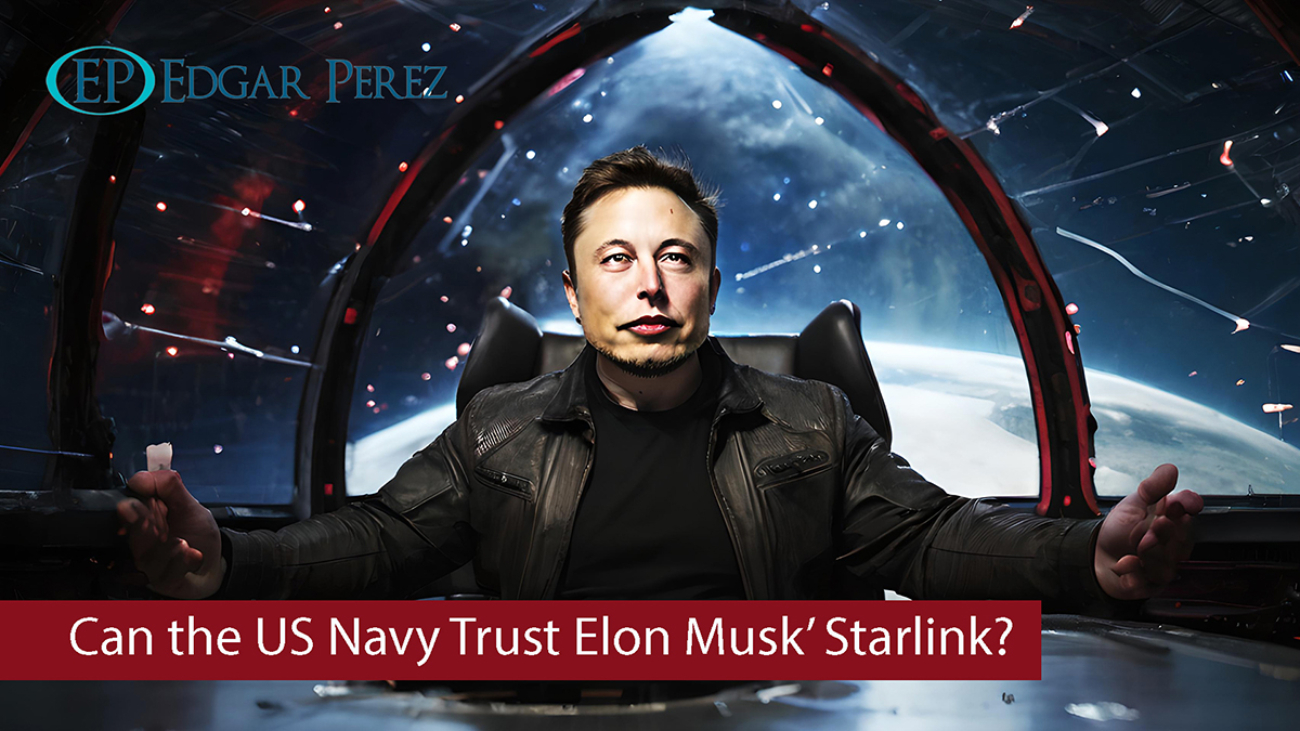As the US Navy tests the waters with Elon Musk’s Starlink satellite constellation, concerns about the system’s vulnerabilities and Musk’s ownership are raising red flags. While the promise of high-speed internet access for sailors at sea is enticing, the risks associated with Starlink’s security and Musk’s questionable perception of geopolitics make it unlikely that the system will see deeper integration into the major tactical systems that govern the operation of a Navy warship.

